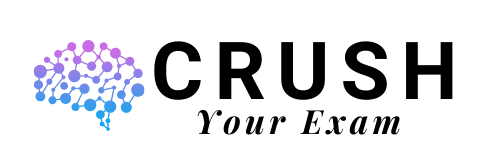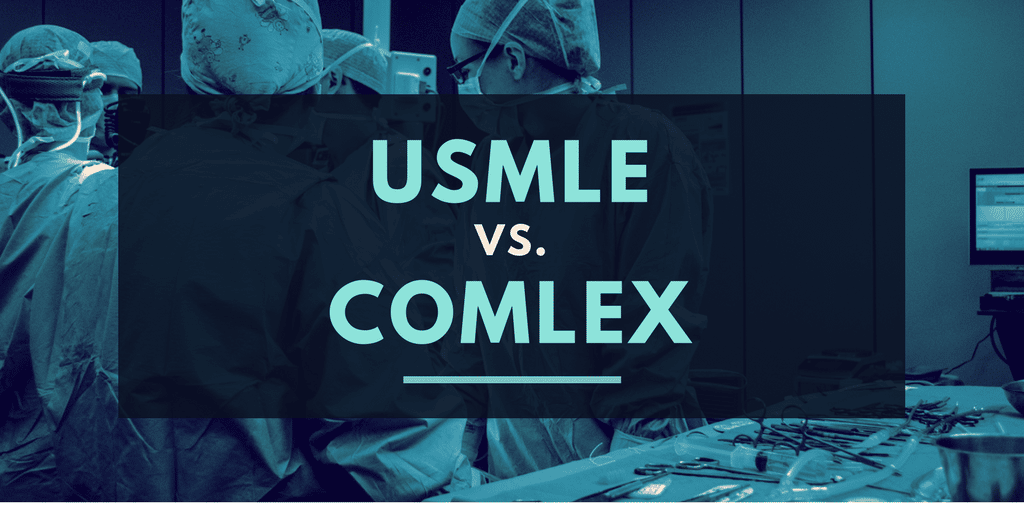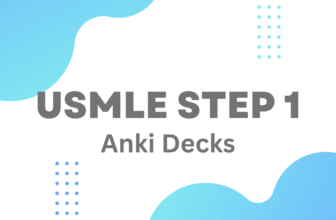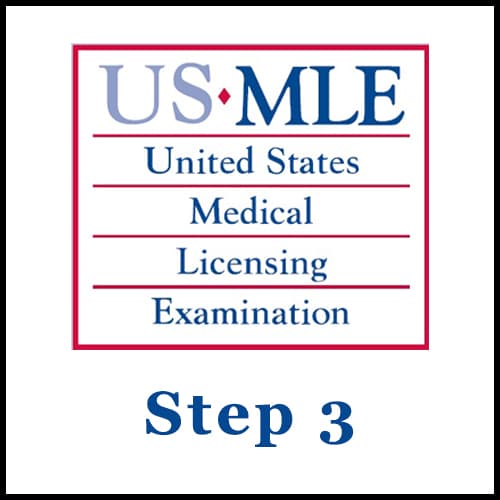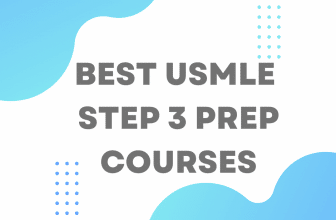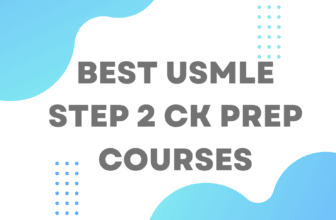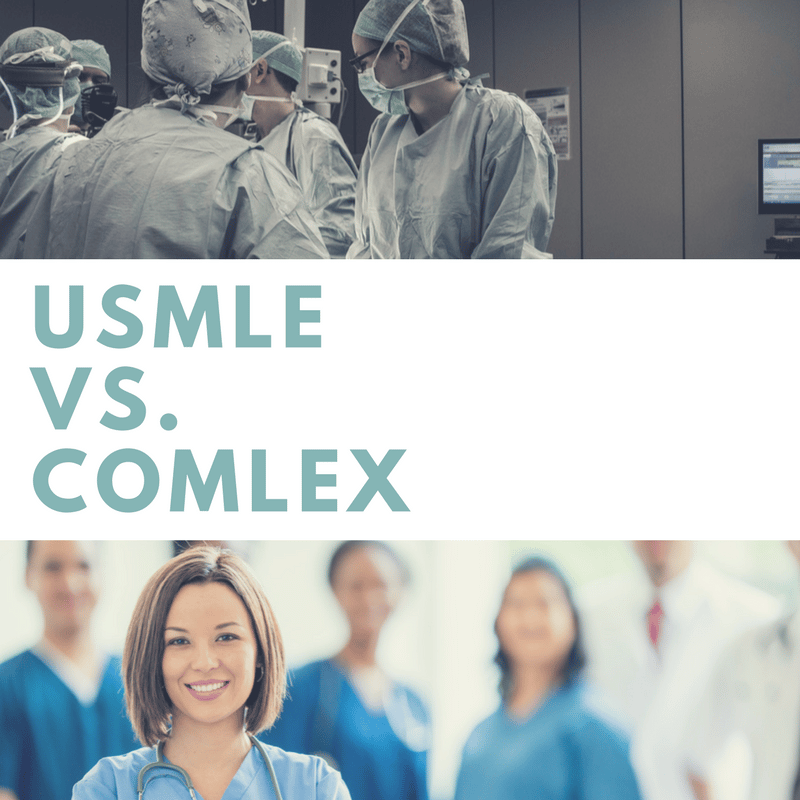
What’s the difference between the COMLEX vs USMLE?
If you are just starting the process of acquiring a license to practice medicine in the United States, be prepared:
Medical licensing in the United States can be confusing.
For US-based allopathic students, the path forward is fairly straight forward. But if you fall outside of that category (US-based osteopathic student, international medical graduate (IMG)), the path forward is likely a little more convoluted.
Let’s consider a simple case first:
International Medical Graduates.
For all physicians licensed to practice in the US (with few exceptions), you’ll be required to enter a residency match program (either allopathic or osteopathic programs) and complete additional clinical training. As it currently stands, international medical graduates (IMG’s) are only eligible for the allopathic National Residency Match Program (NRMP) and thus should only consider taking the USMLE, not COMLEX (the licensing exam for osteopathic physicians).
So, as of now, it’s a relatively simple answer for IMG’s:
Take the USMLE exam, not COMLEX.
Who should take both the USMLE and COMLEX?
What if you are an osteopathic student based in the US? You currently are required to take and pass COMLEX in order to practice as a osteopathic physician and be eligible for an osteopathic residency program. However, osteopathic students have another option:
Take the USMLE AND COMLEX.
Many students may wonder why it would be worth subjecting yourself to multiple exams (3 for COMLEX, and 4 for the USMLE including Step 2 CS). Students decide to not take the USMLE for many reasons:
It can cost A LOT of money – cost preparation, exam registration, travel, additional fees.
It can take A LOT of time – anywhere from a week to a few months depending on when you decide to take the exam.
An allopathic residency isn’t something they want to pursue.
However, there are multiple reasons students decide to take it:
If you time it correctly, it can overlap with preparation for each COMLEX level, limiting additional study time required.
It makes you eligible for allopathic residency programs AND osteopathic programs, expanding your options for post-graduate training.
It can increase your competitiveness for both types of residency programs if you perform well.
It can be taken at any time during your training as it is not required for graduation from osteopathic programs.
If you are still on the fence about doubling down and taking the USMLE, try to answer this one question:
What do you want to do for your residency training?
At the end of the day, your choice of specialty, program location, type of residency will dictate whether or not it’s a good idea to take both exams. If you’re interested in something highly competitive (dermatology, plastic surgery, radiation oncology), in many cases it makes sense to broaden the number of programs for your application, especially for very specialized fields. Because there are many more allopathic residency programs than osteopathic, if location for residency training is important to you, it may make sense to take the USMLE increasing your chance of being able to match in a specific location. Residency is a difficult and exciting time in your training, so it’s worth considering what your goals are as early as possible to make sure you can take appropriate steps to prepare for the necessary exams.
Based on your answer, you may decide the USMLE is not for you. If, however, you decide to take the USMLE in addition to COMLEX, it is important to have a plan. Here are key things to consider:
- Timing – Because there is a sizeable amount of overlapping information across both COMLEX and the USMLE, many students opt to take them at the same time, or in close proximity. Because COMLEX is required for graduation, it’s often recommended you focus on passing those exams first. Upon completing COMLEX, students often go directly into a brief study period for the USMLE and take the exam soon after. However, some students opt to take the USMLE first as it is considered to be more difficult, and then take a brief period to study COMLEX specific topics, such as OMM, before sitting for COMLEX.
- Overlapping information – similar to timing, the overlap of information allows the use of similar resources. In selecting resources, follow this mantra: “As much as necessary, as little as possible.” Select the fewest number of resources you need to ace both COMLEX and the USMLE. Know them inside and out. Being familiar with all the material through the entirety of the study period will help on both exams.
- Question styles – COMLEX questions and USMLE questions test much of the same material but with different styles of questions. It is important to expose yourself to both styles of questions before each exam. Using QBanks specific to each is an option followed by many students. Alternatively, students choose a single comprehensive QBank (such as Kaplan’s USMLE Qbank) and use National Board of Osteopathic Medical Examiners (NBOME) and National Board of Medical Examiners (NBME) practice exams to learn question styles.
In the end, it’s always worth speaking to an academic advisor to discuss what your goals are and the best way to reach them. School advisors can also give insight as to how test preparation fits into your school’s curriculum and what previous students in your program have had success with in the past. For IMG’s, there are advisory services available through US based companies that help develop a plan and help prepare applications for the residency match program. And many of these services can include help in preparing for exams.
It’s also worth noting that the ACGME and AOA (the governing bodies for allopathic and osteopathic residency programs, respectively) have reached an agreement that will allow a single application service and match program across all types of residencies. This program is set to go into effect in 2026, but it is still unclear exactly how this will impact COMLEX and USMLE examinees, both US-based and abroad.
